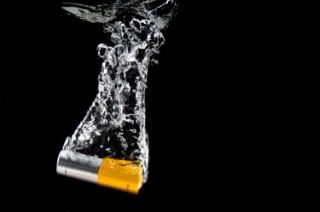
MORE SUSTAINABILITY IN ELECTROMOBILITY THROUGH APPLICATION OF NEW METHODS TO IMPROVE BATTERY SERVICE LIFE | In the Fraunhofer Attract project "ProLIBs: A Battery Cell ID Card", the service life of batteries for electric vehicles and other applications is predicted and improved. The new method for lifetime prediction is based on a combination of measurements of battery properties and models of battery cell behavior. These measurements can be made directly while a battery is in use, for example, in an electric car. By applying this method for more accurate lifetime prediction of high energy lithium ion battery cells and other cell types such as solid-state batteries in the battery management system (BMS), it is possible to achieve increased lifetime with optimal charge and discharge profiles.
more info Fraunhofer Institute for Manufacturing Technology and Advanced Materials IFAM
Fraunhofer Institute for Manufacturing Technology and Advanced Materials IFAM



